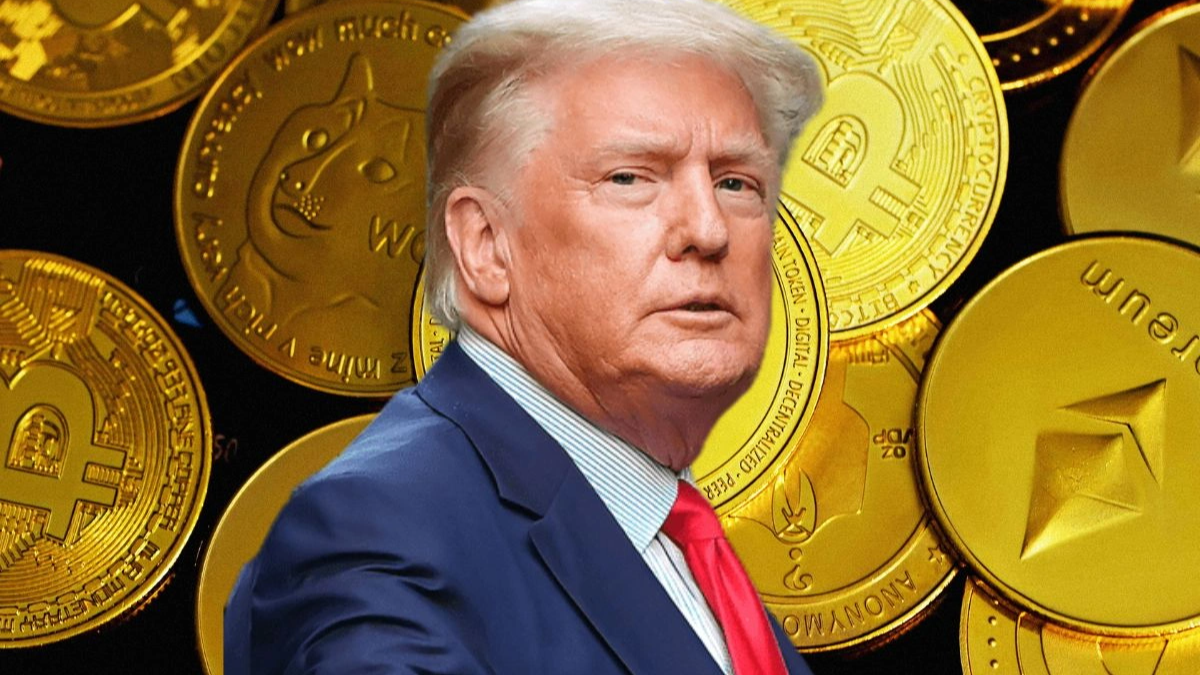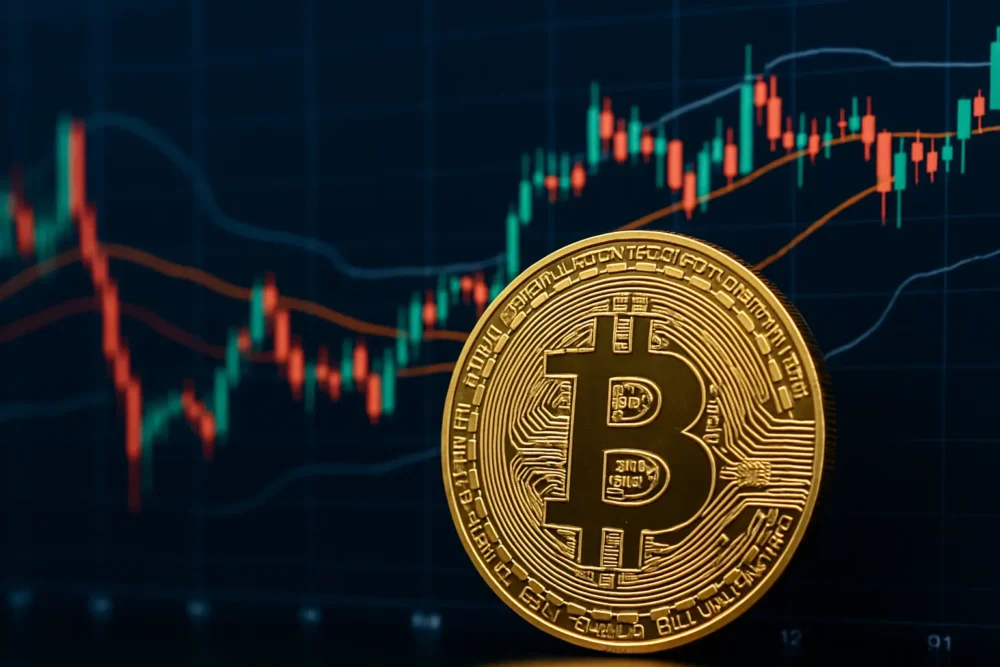3iQ Digital Asset Management announced on Thursday that it has filed a preliminary prospectus for The Solana Fund (QSOL) with Canadian securities regulatory authorities, excluding Quebec.
If approved, QSOL will be the first Solana ($SOL) exchange-traded product (ETP) listed in North America, trading on the Toronto Stock Exchange (TSX) under the ticker “QSOL”.
This listing marks a significant milestone for 3iQ, known for its pioneering efforts in digital asset investments. The firm was the first to launch publicly traded Bitcoin ($BTC) and Ether ($ETH) funds in the country.
QSOL aims to give investors exposure to Solana’s price movements in US dollars and opportunities for long-term capital appreciation. The fund will also leverage staking yields from the Solana network, estimated to range between 6-8%.
The Executive Vice President of Product and Head of Trading at 3iQ, Greg Benhaim, highlighted the company’s focus on innovation and regulatory compliance:
“3iQ seeks to set a global standard of excellence and we’re proud to work closely with the OSC to responsibly enhance the digital asset investment landscape in Canada.”
3iQ has partnered with Canaccord Genuity for the offering, with Tetra Trust and Coinbase Custody Trust Company, LLC serving as custodians.
The fund will utilise Coinbase Custody’s institutional staking infrastructure, which is crucial for supporting $SOL staking.
The launch of QSOL is expected to provide a regulated investment vehicle for both individual and institutional investors, aligning with 3iQ’s mission to offer accessible crypto asset investment options.
Global interest in Solana
Canadian regulators have led the way in crypto ETF approvals, greenlighting the world’s first spot Bitcoin ETFs in February 2021 and spot Ether ETFs two months later.
Bloomberg ETF analyst, James Seyffart, noted that Canada had spot Bitcoin and Ethereum ETFs before the US introduced futures ETFs for these assets.
Globally, over $1 billion worth of Solana ETPs already exist, including the 21Shares Solana Staking ETP and ETC Group’s Physical Solana product in Europe. However, no US firms have announced plans for a spot Solana ETF.
The approval and success of QSOL could pave the way for more Solana-based investment products in North America.
Seyffart also clarified that QSOL is not an ETF, a Closed End Fund similar to Grayscale’s trust products, noting that Canada’s closed end funds have mechanisms to prevent extreme discounts or premiums.
Founded in 2012, 3iQ has been a pioneering force in digital asset management. The company offers a range of investment products, including The Bitcoin Fund (TSX: QBTC) and The Ether Fund (TSX: QETH), with substantial net assets.
Their flagship products, like the Bitcoin ETF (BTCQ) and the Ether Staking ETF (ETHQ), reflect 3iQ’s dedication to providing innovative and regulated digital asset solutions.
Solana as a blockchain network has significantly increased its developer activity and market share, becoming a major competitor to Ethereum.
In Pantera Capital’s “Blockchain Letter”, executives Franklin Bi, Cosmo Jiang, and Eric Wallach, compare Solana’s rise to Apple’s breakthrough in the desktop market, which was dominated by Microsoft.
Solana’s integrated architecture optimises blockchain components, similar to Apple’s seamless integration of hardware and software in macOS, leading to a better user experience, faster innovation, and improved security.
Solana’s architectural strengths also make it an attractive alternative to blockchains like Ethereum and Cosmos. Its high-performance network supports content distribution, decentralised infrastructure networks (DePIN), and central limit order books (CLOBs), enabling the creation of capital-efficient financial markets like Phoenix and MarginFi.
Pantera’s letter also notes Solana’s significant growth in users and transaction fees. Solana has become the top choice for retail users and meme coin traders, surpassing Ethereum’s NFT dominance.
From 2020 to 2023, Solana’s unique active addresses increased by 1,342%, growing from 14,000 to 202,000. By 2024, this number reached 1.34 million, indicating strong user activity growth.


